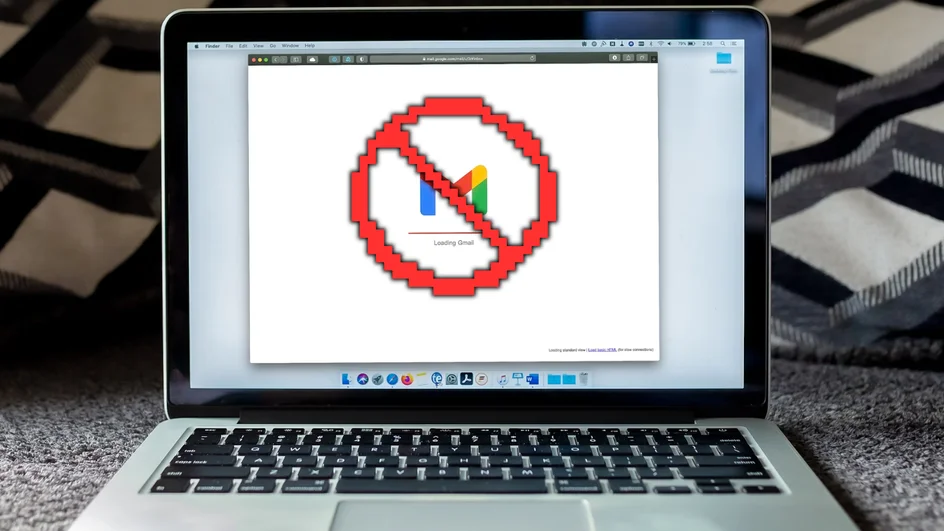The authorities intend to block access to domestic sites via Google and other foreign mail platforms for everyone. Previously, the restriction was only in effect for new users.
Russian authorities are preparing a radical tightening of digital legislation that will affect every Internet user in the country. The government is developing a second package of anti-fraud measures, which provides for a complete ban on authorization on domestic resources through foreign email addresses, RBC reports.
The new requirements will affect all Russian companies that own web platforms. They will have to redesign user login systems, leaving only the option of authorization through addresses in the “.ru” domain zone. This means the end of the era of login through Gmail, Outlook, Yahoo, and other international mail services.
The peculiarity of the upcoming restrictions is their retroactive nature. If the ban in effect since January 2025 only affected new registrations, then the planned amendments will affect millions of already registered accounts. Users who have been accessing Russian sites for years via their usual foreign mail will be faced with the need to urgently change their authorization method.
The document is at the stage of interdepartmental coordination, and its final version may change. Representatives of the Ministry of Digital Development emphasize that all initiatives are discussed with the industry and interested departments. The government reserves the right to establish exceptions, but specific criteria have not yet been disclosed.
Statistics show the scale of the upcoming changes. According to the operator Yota, Gmail remains the most popular email service in Russia, despite the growth of the share of domestic platforms to 69%. In 2024, the Google mail audience grew by 19%, although user activity decreased by 10%.
Experts predict technical difficulties for businesses of different sizes. Large companies will be able to adapt quickly by adding fields for Russian email addresses to authorization forms. Small businesses will need more time for improvements, although the problem is technically solvable.
Users will have to create additional mailboxes in the .ru zone and set up forwarding from the usual addresses. The main problem will be the transfer of contacts and services linked to old accounts. An alternative could be authorization by the phone number of a Russian operator.
An important clarification concerns mobile applications from the App Store and Google Play — the rules will not change for them, and users will be able to continue using any mail services. The restrictions will only affect web versions of Russian sites.
The authorities explain the initiative by the fight against cybercrime. Fraudsters actively use anonymous temporary email addresses to register on hosting platforms, receive verification codes, and subsequently commit illegal actions. When Roskomnadzor blocks fraudulent resources, the real contact information of the attackers is missing.
The second package of measures continues the logic of the first, adopted in the spring of 2025. Then, messengers for communication between employees of government agencies and banks and clients were banned, labeling of organizational calls and blocking of spam were introduced. New initiatives include regulation of bank cards, control over real estate transactions, and liability for the use of AI in offenses.
